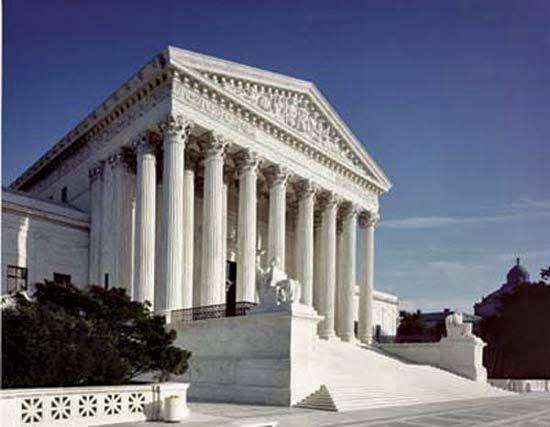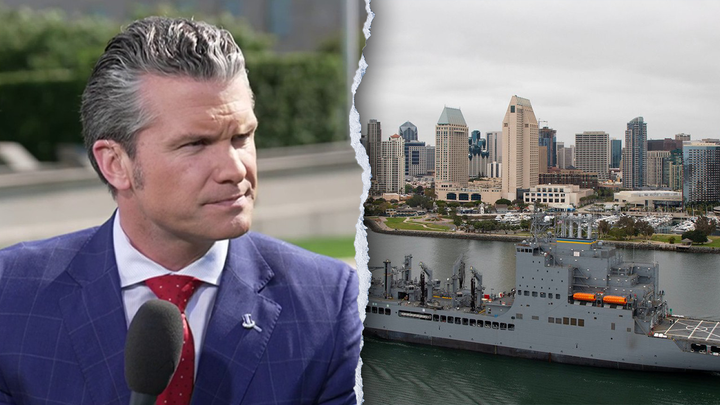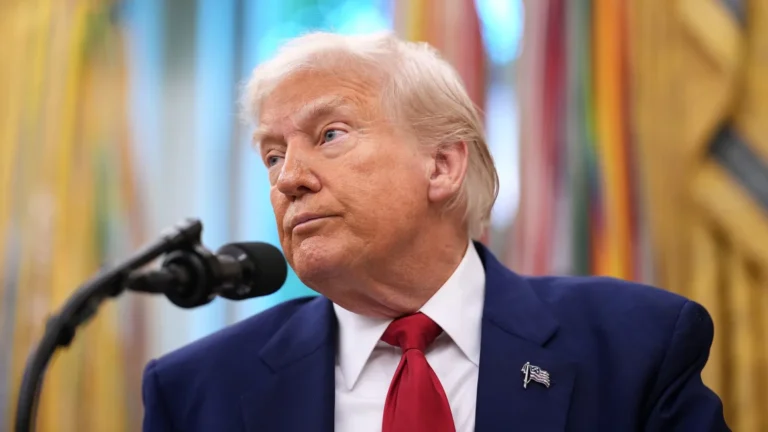
U.S. Supreme Court Halts Deportation of Venezuelan Gang Suspects Under 18th Century Law
The U.S. Supreme Court has intervened in a high-profile immigration case, halting the Trump administration’s controversial attempt to deport alleged Venezuelan gang members under a centuries-old law.
The court’s decision, handed down early Saturday, temporarily blocks the removal of a group of Venezuelan migrants accused of being affiliated with the notorious Tren de Aragua gang.
President Donald Trump, reviving a little-known statute from the 18th century, invoked the 1798 Alien Enemies Act (AEA) last month to initiate the expulsion of certain Venezuelan nationals from U.S.
territory. The law, originally passed during the administration of President John Adams, was previously used during the War of 1812, World War I, and World War II to detain and deport nationals of enemy nations during wartime.
According to a statement from the U.S. Supreme Court, “The government is directed not to remove any member of the putative class of detainees from the United States until further order of this court.”
This decision halts the deportation of migrants currently held at a federal facility in Texas, many of whom have not been charged with any crime.
The American Civil Liberties Union (ACLU) filed an emergency appeal late Friday, urging the court to block what they described as a “sweeping and unconstitutional use of executive power.” The ACLU stated that migrants had been informed they would be “imminently removed under the AEA, as soon as tonight.”
Attorneys representing several of the deportees said their clients had no proven ties to Tren de Aragua and were likely targeted due to their tattoos, which authorities used to allege gang affiliation.
The Trump administration has doubled down on its hardline immigration stance, with the president claiming that Venezuela is “invading” the U.S. through gangs like Tren de Aragua.
Trump has used this narrative to reinforce his campaign message ahead of the 2024 election, where immigration remains a key issue among his base.
Last month, Judge James Boasberg issued an injunction against the mass deportations under the AEA, arguing that the law could not be used to circumvent modern due process standards. However, the U.S. Supreme Court later lifted that block on April 7, stating in its ruling that individuals targeted for deportation under the AEA are still entitled to challenge their removal through due process.
Despite this clarification, the administration proceeded with initial deportations, raising alarms among human rights advocates and constitutional scholars.
Many migrants were allegedly rounded up without proper legal hearings and sent to El Salvador’s newly constructed Terrorism Confinement Center, a sprawling maximum-security prison designed to hold up to 40,000 inmates.
Conditions at the facility are reported to be dire. Inmates are confined in overcrowded, windowless cells, forced to sleep on bare metal frames, and denied access to family visits or legal representation.
Rights groups have condemned the facility as a “humanitarian nightmare,” calling on the U.S. to cease transfers to what they describe as a site of potential abuse and extrajudicial punishment.
The legal battle has highlighted the sweeping powers of the Alien Enemies Act, which grants the president broad authority to detain and deport nationals of countries deemed hostile during times of war.
Critics argue that applying this law to Venezuela—a country with which the U.S. is not officially at war—sets a dangerous precedent that undermines modern constitutional protections.

In one of the most controversial cases, Kilmar Abrego Garcia, a long-time Maryland resident, was deported in April. The White House later admitted his removal was an “administrative error,” though no steps have been taken to return him to the U.S.
Lawmakers are now in discussions with Salvadoran authorities about his fate, as the administration faces growing scrutiny over its handling of these deportations.
The ACLU’s legal team emphasized that migrants currently detained in Texas face “immediate and irreparable harm” if deported without due process. “Many individuals have already been loaded onto buses, presumably headed to the airport,” the group said in its filing.
The Supreme Court’s intervention on Saturday suggests that a broader constitutional review of the AEA’s application may be forthcoming.
For now, however, the ruling simply pauses deportations, leaving thousands of Venezuelan migrants in legal limbo as they await hearings that could determine whether they remain in the U.S. or are expelled to dangerous foreign prisons.
The decision is likely to inflame partisan tensions in Washington, where immigration continues to divide lawmakers. Some Republicans have praised Trump’s aggressive stance, arguing that national security requires swift action against foreign criminal groups.
Democrats, on the other hand, have called for an overhaul of the immigration system and more humane treatment of asylum seekers and undocumented individuals.
As legal proceedings unfold, the lives of dozens—if not hundreds—of migrants hang in the balance. Advocacy groups have demanded that the American government uphold its constitutional obligations and provide fair hearings for all detainees, regardless of nationality or perceived affiliations.
This case may become a landmark moment in defining the extent of presidential authority in immigration matters, particularly in times of political unrest or global instability.
While the Alien Enemies Act remains part of United States law, its future use may now depend on how courts interpret the balance between national security and civil liberties in the modern era.




